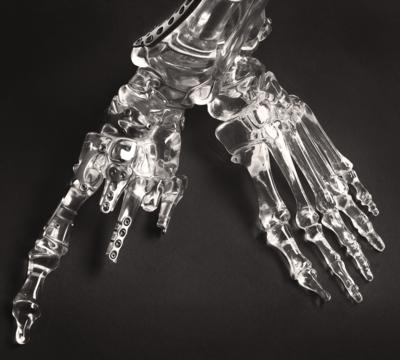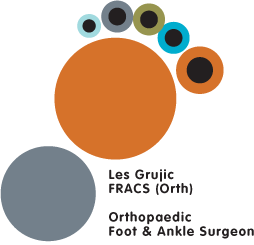HAVING A PROCEDURE
HOSPITAL LOCATIONS
North Shore Private Hospital, NSW
Visiting Medical Officer
July 1998 – present
Website
Castlecrag Private Hospital, NSW
2008 – present
Website
ROUTINE PRE-OPERATIVE PREPARATION:
General health:
It is routine for patients 50 years and over to undergo some pre-operative tests. We ask you to organise this through your GP as they are the appropriate person to assess and treat any problems diagnosed by the tests.
These tests include two blood tests: FBC (full blood count) and EUC’s (electrolytes)
ECG (electrocardiogram)
Chest x-ray
Skin care and infections:
Please be careful to avoid scratching your skin on your limbs before your surgery. This can result in the surgery being cancelled due to a raised infection risk. A pre-operative shower is a good way of minimising the normal skin bacteria which can lead to post-operative infections. We recommend a thorough wash of the entire limb being operated on before you come to the hospital. Nails should be trimmed and cleaned to minimise infections.
Please call Gail or Penny at the office prior to surgery if you develop an infection affecting your skin, teeth, chest or urine so a decision can be made regarding treatment and/or rescheduling of your surgery. Often, an assessment by your GP is a good idea, if you have any specific concerns.
Blood clots:
Orthopaedic surgery of the lower limb has an associated risk of causing clots in the legs which is called a deep venous thrombosis (DVT) or clots that travel to the lung (PE) post-operatively. Some patients, such as those on the contraceptive pill, those with varicose veins, those with a past history of lower limb or lung clots, smokers and those people who have a family history of clots have an even higher risk. Please inform Dr Grujic if any of these conditions relate to you. He may recommend if this is the case that you should take Clexane after the surgery for a period of time to lessen the risk of a clot.
Smoking:
Smoking before your surgery increases your risk of blood clots in the leg or lung, poor wound healing and can affect the bones from fusing, negating the aim of the surgery. It can also mean that more surgery may be necessary if, for example, the intended fusion fails and pain remains a problem. Contact your GP regarding advice on using medications to help you quit.
What to pack for your admission:
Essential:
X-rays
Crutches or kneewalker if needed
Your regular medications
Other suggestions:
Nighty or loose fitting pyjamas (this will allow a bulky foot slab or half cast to fit)
Sensible flat shoe to wear on the other foot
Loose fitting clothing to wear home
All personal toiletries and make up


